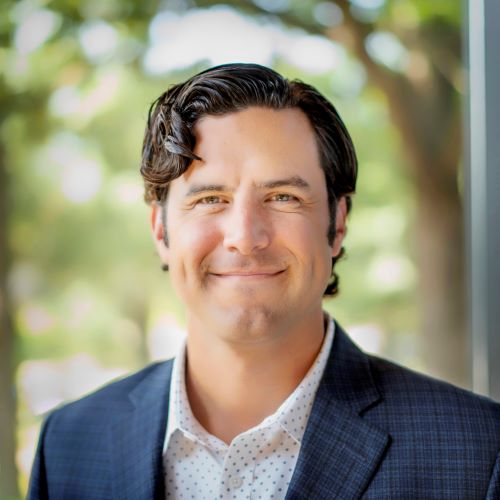Change is not a one-time event. In order to continue to grow, we need to embrace change as a continual process. Life in the 21st century requires the capacity to continually adapt and change. For some of us, this is terrible news. We don’t like change and we wish things would stabilize. For others of us, we welcome this reality and embrace change. We wish others would too! What we need is a more sustainable way of embracing change.
Make a Mindset Shift
The mindset shift from “change as event” to “change as continual process” is essential. Sometimes change is thought of as a necessary evil or a tough period of time that is to be survived until a new period of stability can be reached. We think, “If we could just make this one change, things would be better.” Often these periods of change involve a change in leadership. People think that once a new and better leader is in place, stability will return. This treats change as an event that is followed by a period of renewed stability where change is not necessary.
As long as we think about change as an event, we will continually be trying to avoid it or just get through it. If we begin to think about change as a continual opportunity to adapt and engage in new ways, it will become less frightening and less filled with the potential for loss. The truth is – change has become a part of our everyday lives. It’s not an option to avoid it completely and pretend as if the world is not changing around us.
Jesus’ teaching in a few places seems to indicate that we are to take what God has gifted us with and figure out how to share it with others so the gift can grow. In Luke 19, Jesus uses a parable to teach the disciples that they should not simply try and protect what they have until he returns, but invest what they have been given in ways that grow. I think this passage encourages us not to try and simply protect what we have, but invest and adapt so that what we have been given by God can continue to grow. Many churches are hiding what they have been given in the sand, so to speak. They need to adapt to the opportunities that are in front of us and let what they have been given grow!
Embrace Continual Process
Thinking about change as a continual process invites us to learn how to adapt as an everyday practice. A few of us describe what this continual process of adapting might be like in a soon to be published book, Leading Faithful Innovation. We outline a simple process of faithful innovation that involves continually listening, acting in new ways, and sharing what we learned. We call it simply, “Listen, Act, Share.”
- It involves listening to God, each other, and our neighbors as a regular practice that helps us figure out what next steps God may be inviting us to take.
- We act on that listening, trying out some new ways of doing things, being church, engaging our neighbors to see what we can learn about the opportunities in front of us. We expect not everything will work out as we try new things. That’s ok, as long as we learn from what we try.
- Finally, we share our stories about what we’ve tried and what we’ve learned. We share the stories widely in person and online. We know these stories of trying new things will inspire other people to try new things.
This is not a one-time process we use to make a single change. It is a way of living life in the 21st century. Continually listening, acting in new ways, and sharing our stories allows us to engage change and adapt as we find necessary. This rhythm of life can provide a kind of stability in itself. We may not know what the future holds, but we know how we will continue to figure it out by following God’s leading together.



